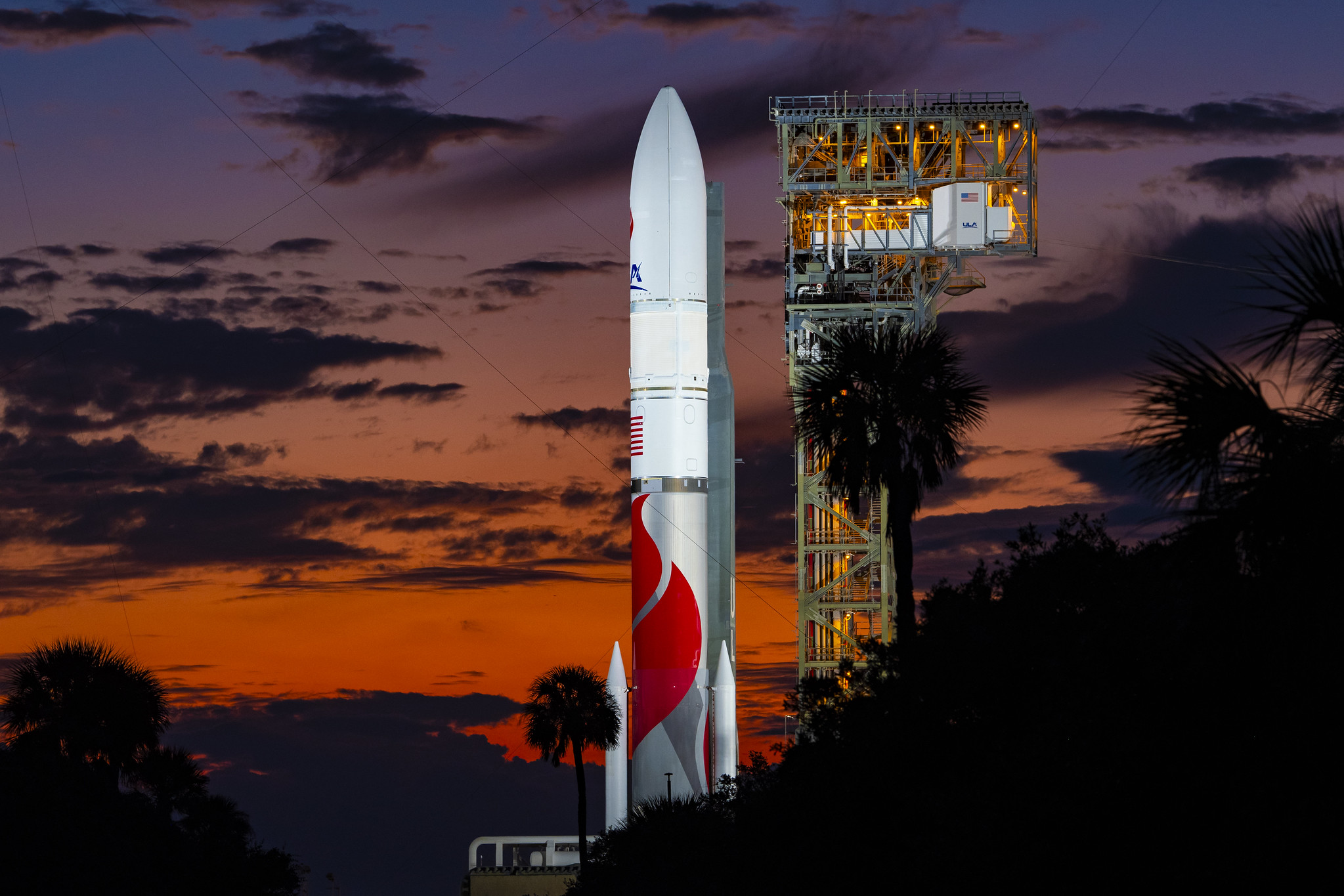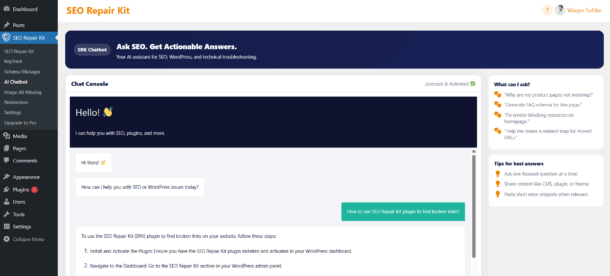
Impulse Space raises $150 million. Los Angeles-based space startup Impulse Space, which is led by renowned rocket scientist Tom Mueller, has raised $150 million in a new fundraising round led by venture capital firm Founders Fund, CNBC reports. Impulse is scaling a product line of orbital transfer vehicles, and so far is building two, the smaller Mira and the larger Helios. While rockets get satellites and payloads into orbit, like an airplane carrying passengers to a metro area, space tugs deliver them to specific destinations, like taxis taking those passengers home from the airport.
Taking the next step after launch … Mueller, who founded Impulse Space three years ago, said the funds will fuel growth of the company. “This means that we’re sufficiently funded through the development of Helios and the upgraded version Mira and out past the first flights of both of these products,” Mueller told the publication. Impulse flew its first mission, called LEO Express-1, with a Mira vehicle carrying and deploying a small satellite, last November. In Mueller’s view, while SpaceX reduced the cost to launch mass to orbit, the in-space delivery systems on the market are lacking. (submitted by Tom Nelson and Ken the Bin)
Polish company receives ESA support. Did you know there is a launch startup in Poland? Until this week, I confess I did not. However, that changed when the European Space Agency awarded 2.4 million euros to Poland’s SpaceForest for further development of its Perun rocket. SpaceForest has developed an 11.5-meter-tall sounding rocket capable of carrying payloads of up to 50 kilograms to an altitude of 150 kilometers, European Spaceflight reports.
Boosting up commercial companies … To date, the company has completed two test flights, one reaching an altitude of 22 kilometers and another topping out at 13 kilometers. With the new funding from ESA, SpaceForest will implement upgrades to the combustion chamber of its in-house developed SF1000 paraffin-powered hybrid rocket engine. ESA awarded the funding as part of the agency’s Boost! initiative. Adopted by member states in 2019, Boost! aims to foster the development of new commercial space transportation services. (submitted by Ken the Bin and EllPeaTea)





